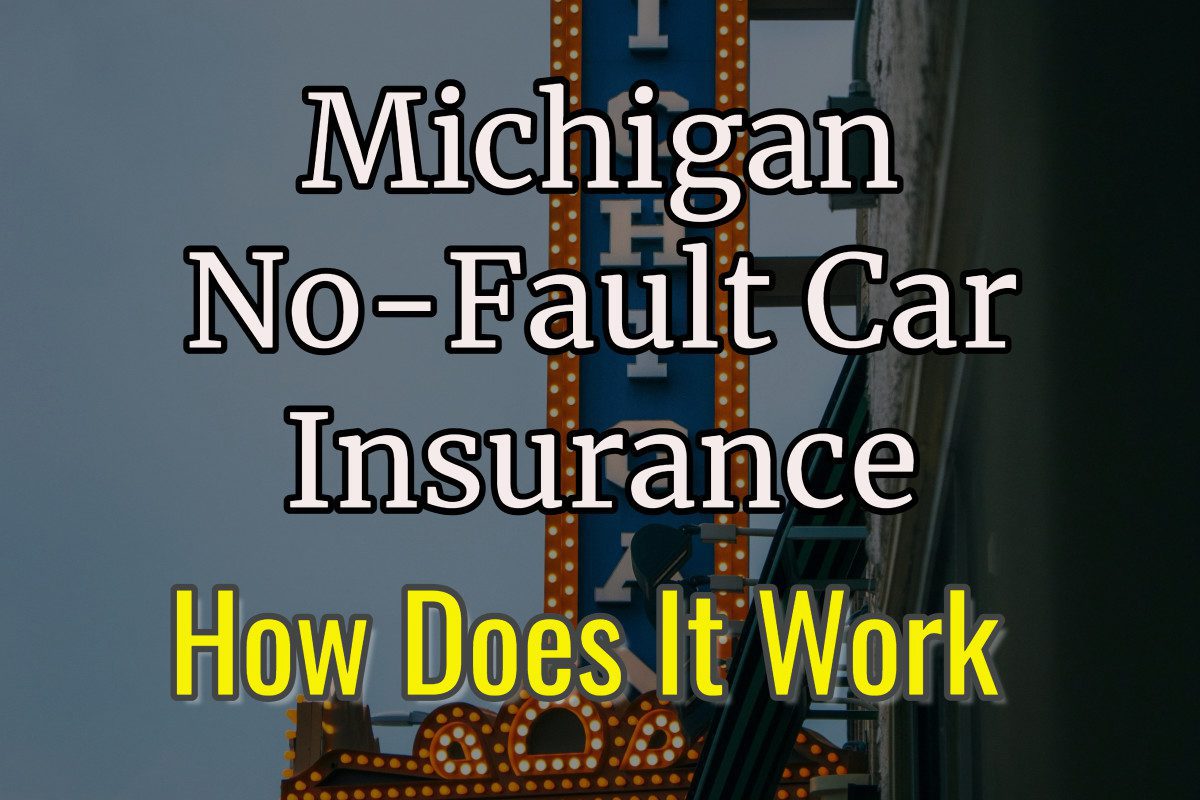
Understanding Michigan’s No-Fault Auto Insurance System
What is No-Fault Insurance?
Michigan utilizes a no-fault insurance system for automobile accidents. This means that an individual’s own insurance company pays for expenses like medical bills and lost wages after a crash, regardless of who caused it. The no-fault approach aims to reduce litigation and provide prompt coverage to accident victims.
How No-Fault Insurance Works in Michigan
Michigan enacted its no-fault law in 1973. All motor vehicle policies must include no-fault Personal Injury Protection (PIP) to cover medical care, recovery services, and lost wages after an accident. PIP applies no matter who was at fault and has no caps on medical benefits.
Drivers must also carry liability coverage in case they injure others or damage property. No-fault reduces but does not eliminate the ability to sue an at-fault driver. Lawsuits are still permitted for severe impairments like permanent disfigurement.
Recent Reforms to Michigan’s No-Fault System
In 2019, Michigan implemented reforms to address high premium costs under the no-fault system. New laws now let drivers opt out of unlimited PIP medical coverage. They can choose capped options like $500,000 or $250,000 instead.
Reforms also introduced a fee schedule for medical providers to limit accident-related charges. Additional changes reduced required liability coverage and made it easier to sue at-fault drivers for economic damages like lost wages.
Impacts on Drivers
The no-fault reforms aim to lower insurance costs but also reduce protections. Capped PIP medical benefits mean potential out-of-pocket expenses after an accident. Drivers who opt out of unlimited coverage should have a backup plan like health insurance.
While premiums may decrease, reduced liability requirements could leave drivers underinsured if they cause significant damages. Individuals should carefully weigh their coverage options and risks under the new no-fault laws.
Additional Policy Choices
Beyond mandatory no-fault PIP and liability coverage, drivers can purchase added protections:
- Uninsured motorist coverage compensates for injuries from an uninsured driver.
- Comprehensive and collision insurance pay for vehicle repairs or replacement.
- Rental reimbursement coverage pays for a rental car during repairs.
- Roadside assistance protection covers towing and locksmith services.
Finding the Right Policy
With Michigan’s complex auto insurance regulations, work with an agent to build the right policy. Consider your budget, assets, health insurance, risk tolerance and need for additional coverages beyond the minimum required by law. Ask about available discounts to maximize savings.
